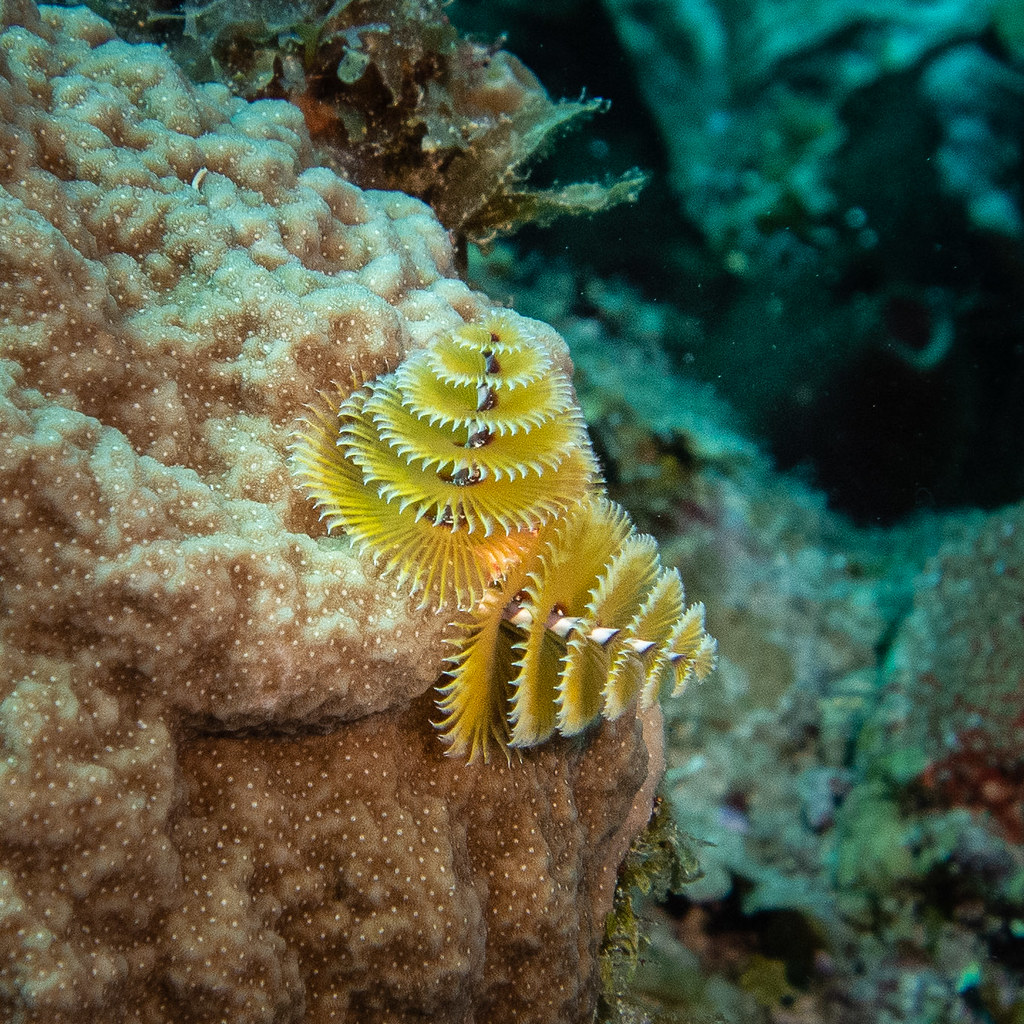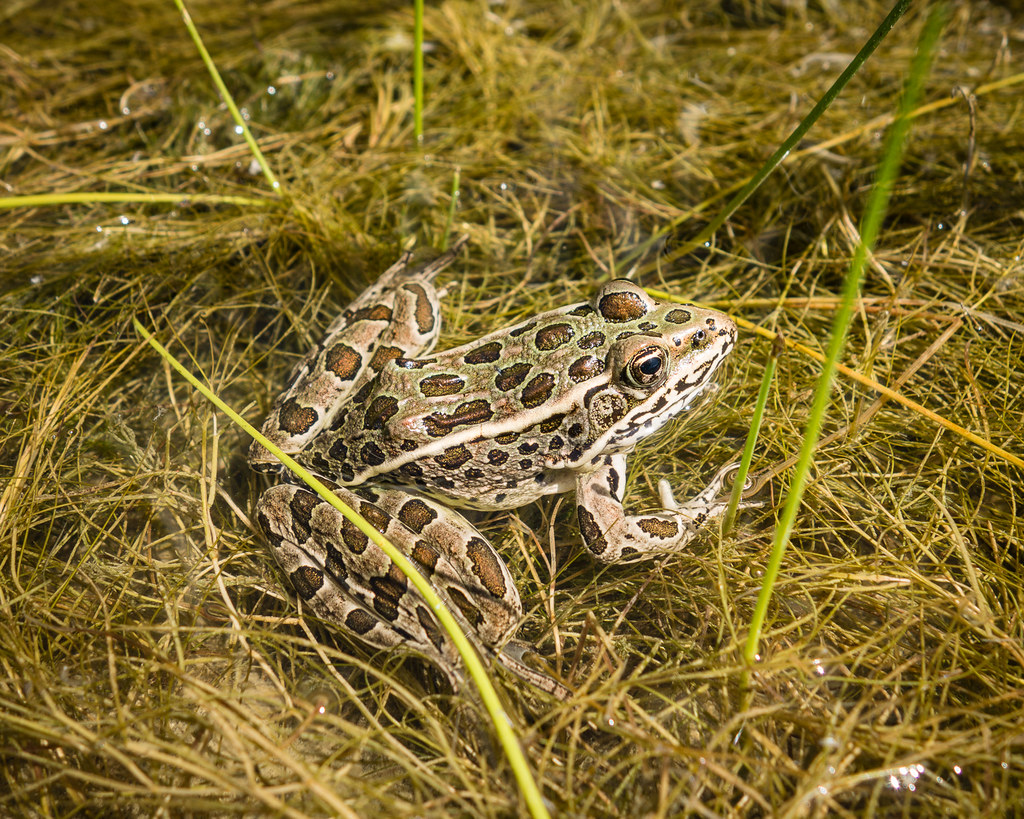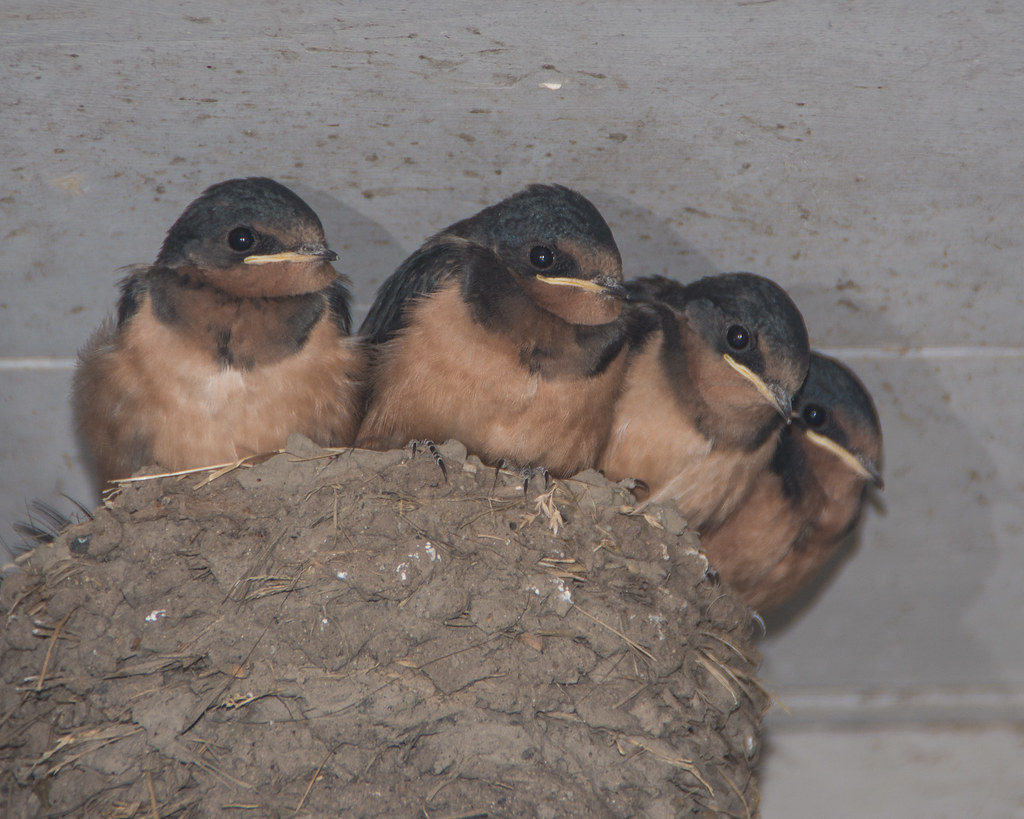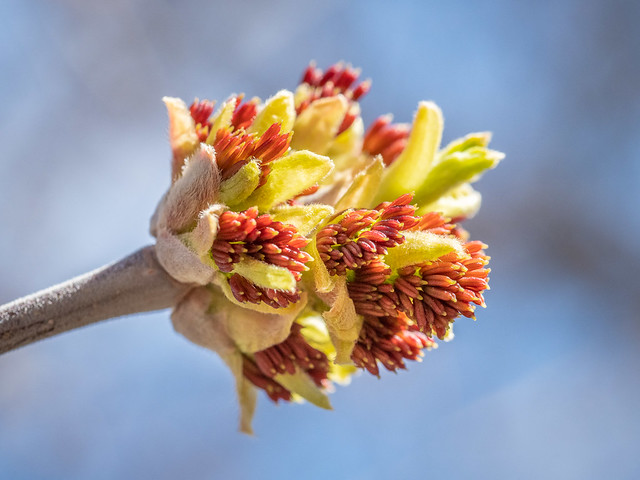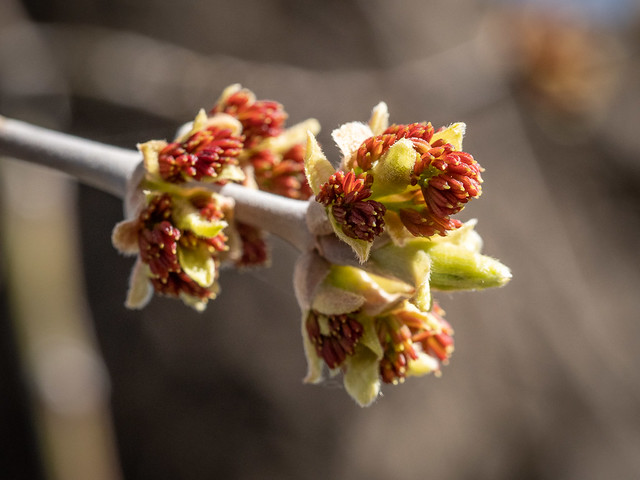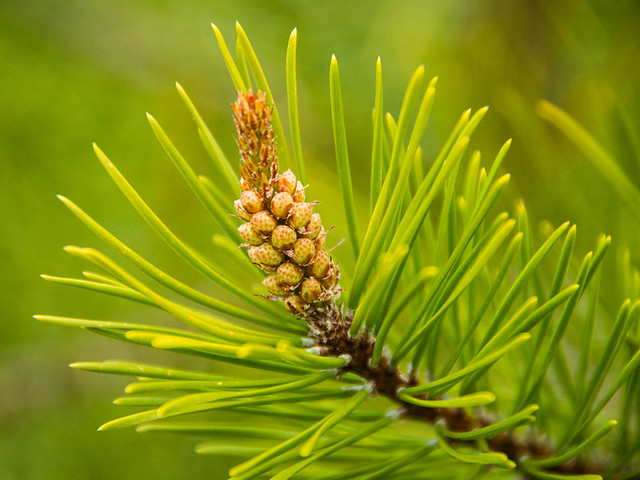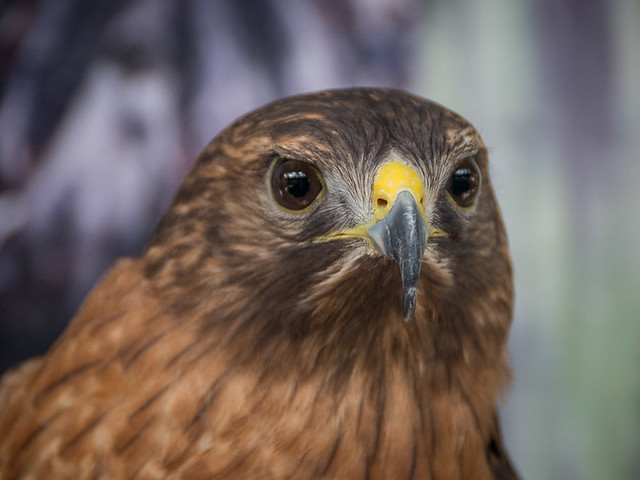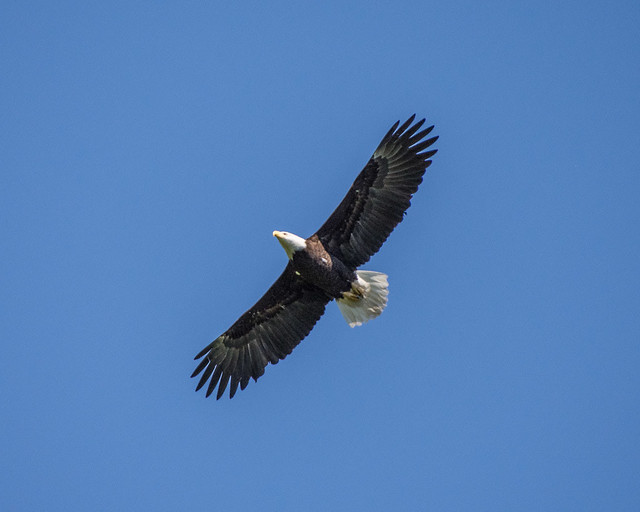“We have more privately owned land than parks,” says Gail Fennell, Regina Butterflyway Ranger. “If we change what we plant in our cities and on acreages, we can lower the heat, alter the climate, and increase the number of pollinators.”
In 2017, the David Suzuki Foundation initiated the
Butterflyway Project in 5 Canadian cities. Volunteers were invited to plant native wildflowers in at least a dozen pollinator-friendly patches throughout their community. Since that time, the Foundation has recruited and trained 1,008 Butterflyway Rangers in over 100 communities.
There are Butterflyway projects in Humboldt, Prince Albert, Regina, Regina Beach, Saskatoon, and Yorkton. We chatted with 4 of their Butterflyway Rangers to find out what they were doing and what had motivated them.
Prince Albert
Amy McInnes joined the Butterflyway Project in 2020. She had hoped to garden alongside members of the
Boreal Rangers Outdoor Adventures 4-H Club, but Covid forced a change of plan. Instead, she expanded the food forest in her front garden and shared seeds with 4-H families and friends, contributing to 8 gardens during her first summer.
“Lots of those involved had never focused on native species and pollinators before as they’d been growing flowers and vegetables,” Amy explains. “They’ve come a long way in terms of what they’re trying to plant.” Amy’s personal goal is to plant a couple of new native species each year. She’s also enthusiastic about contributing to a butterflyway corridor extending from Saskatchewan to the States.
Regina
Gail Fennell has been gardening since the ‘70s and spearheaded the rejuvenation of Nature Regina’s
Native Plant Garden, which now has 22 active volunteers and is doing so well that they can give away plants and seeds. When Gail moved to a new subdivision in 2005, there were no insects. She started putting in more and more native plants and within 4 years had butterflies, hummingbird moths, beetles, and bees. She also helped a friend manage the thistles in the naturalized area near her home by replacing them with native plants (mostly rescued from new housing sites). With many more native plants, the stormwater pond area was soon thriving with bees and butterflies and there are more ducks and songbirds because they have more food.
While in Edmonton, Gail offered native plant seeds to City staff, who were delighted by the phenomenal germination rate and are now growing their own native plants. Gail recommends a low-key approach when promoting native plants. “Set an example and make suggestions. Don’t criticize,” she says. “Give people a chance to do the right thing.”
Gail’s concerns about decreasing biodiversity and the climate crisis turned to action after reading
Nature’s Best Hope: A New Approach to Conservation that Starts in Your Yard by Douglas W. Tallamy. When she heard about the Butterflyway project, she was quick to sign up and has distributed native plant seeds to more than 60 people since March, in Regina as well as other Saskatchewan communities. In Regina, Butterflyway gardens are being developed in people’s home gardens but also parks and schools. Gail is working with acreage owners who have more substantial space to grow plants so that there will always be surplus plants and seeds if individual gardens have seasonal failures.
Gail is quick to promote Saskatchewan native plants. “We’re not the poor cousins of Ontario and British Columbia,” she says. “We have our own unique plants and environment in Saskatchewan and we need to celebrate.”
Every Ranger sets their own goals with a basic requirement of involving 12 other people. Gail is dreaming big and taking steps to create a pollinator corridor that stretches from Regina (maybe Prince Albert) to Last Mountain Lake and south to Joplin, Missouri, where her daughter lives. “It will help migratory birds as well as pollinators,” she explains. She was excited to learn that the Ministry of Transportation is planting native seeds and plants along highways near Saskatoon and sees it happening along grid roads where farmers are protecting native plants. “All of us can do lots through individual actions,” Gail says. “The first step is to connect people and communities. I hope we’ll stay in touch and work on more projects together.”
Regina Beach
Wendy Bot was searching for something positive to do during the pandemic. She saw a call-out for Butterflyway Rangers and it spoke to her. “I’m not a gardener, but I have a large area of influence and felt I could positively influence others,” Wendy says. She posted an announcement on Facebook hoping 15 people would be interested enough to set up pollinator patches. The project took off faster than Wendy expected and she has handed out over 50 seed packets.
Wendy’s main pollinator garden is in her front yard as she wanted it to be visible to promote the Butterflyway project.
Last Mountain Lake Cultural Centre has got their garden up and running as well. Most of the patches will be in Regina Beach, but she’s also distributed seeds to people in Craven, Tuxford, Lumsden, Yorkton, and Lloydminster. Wendy hopes to get the municipality on board as she would love to see pollinator patches planted along the town’s walking/cycling path.
Wendy plans to raise funds so that everyone who has planted a native garden can display a sign. “It doesn’t matter if their garden is large or small,” Wendy says. “They’ve taken the time to show their interest and they need recognition. Inclusivity and flexibility are part of the beauty of this project. We can use and do something with whatever you have to offer in terms of both space and time.” Wendy is also open to new ideas. She didn’t know that milkweed seeds needed a cold treatment. Her seeds grew and thrived without it. “My newness may actually result in new ways of doing things,” she says.
A collaborative approach works best, Wendy believes. While Gail is mentoring her on plants and gardens, Wendy is happy to share her project management and fundraising expertise and plans to raise enough money so that Regina and Regina Beach gardeners receive signs. She’s hoping that corporate sponsors will plant gardens as well as provide funds and points to the
Liberty Utilities project in Missouri as an example.
The project has been a huge learning experience and very rewarding. “The results are right in front of your eyes. If you see more birds and bees, you’ll know the project is working.”
Candace Savage, an active member of Wild About Saskatoon, became a Butterflyway Ranger in 2021. She and her husband Keith have been transitioning their garden from lawn to native plants for the past 6-8 years. “There are large elms in the front yard, so we’ve created an understory garden with northern bedstraw, wood violet, and many other species,” Candace says. “Every year we dig up a few more metres of boulevard and we have large beds in the backyard as well. There are a couple of hundred species. Once they start blooming, it’s just so busy with bees they’re stumbling over each other.”
Candace’s love of native plants stems from her childhood when her mother introduced her to the different species as well as her awareness of the catastrophic loss of grassland species. “This is something we can do with our own hands. We can create a refuge for insects,” Candace says.
The importance of native plant gardens fits well with the other projects undertaken by Wild About Saskatoon to celebrate wildlife and wild spaces. They have
added materials on growing and gardening with native plants to their website and a group of them are actively developing native plant gardens. “About a dozen of us are attending meetings and sharing information,” Candace says. Inspired by the Suzuki Foundation’s Butterflyway and a
similar project in Hamilton, they’ve established Pollinator Paradise YXE and have developed signage as another way of spreading the idea.
Photo 1: Regina's Native Plant Garden
Photo 2: Amy's native plant garden in Prince Albert
Photo 3: Gail Fennell with Donna & Jim Holmes who were instrumental in developing the Angus Street Boulevard Garden
Photo 4: Wendy transplanted Meadow Blazing Star, Giant Hyssop, Wild Bergamot, and Milkweed
EcoFriendly Sask supports Saskatchewan environmental initiatives through an online publication, an events calendar, small grants, and the Nature Companion website/app.
You can follow EcoFriendly Sask by liking us on Facebook, following us on Twitter, or subscribe by email (top right corner).
